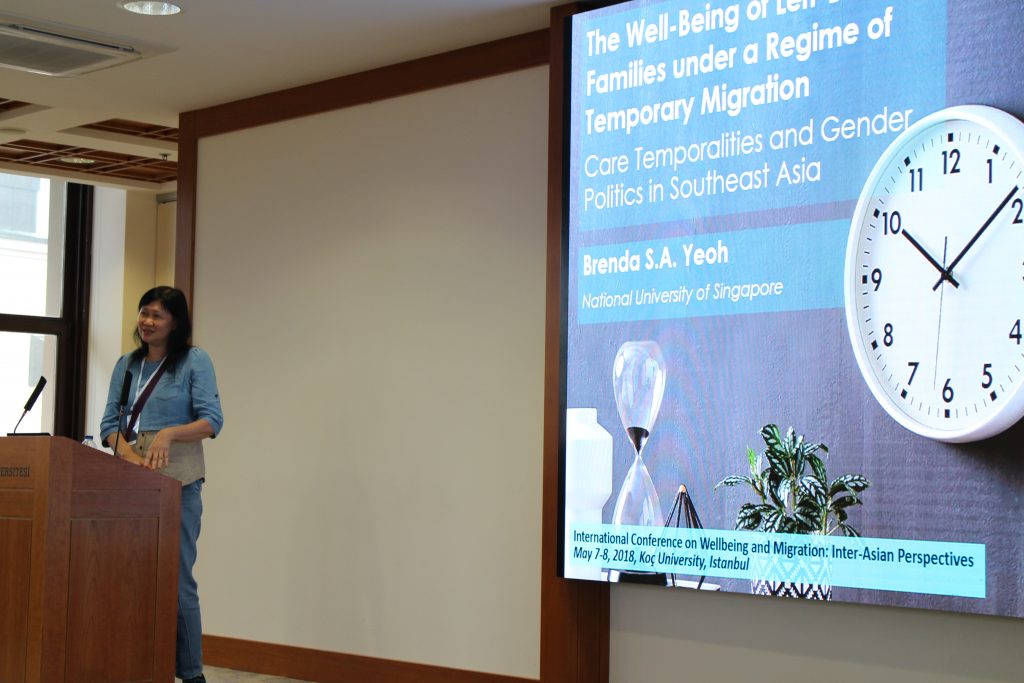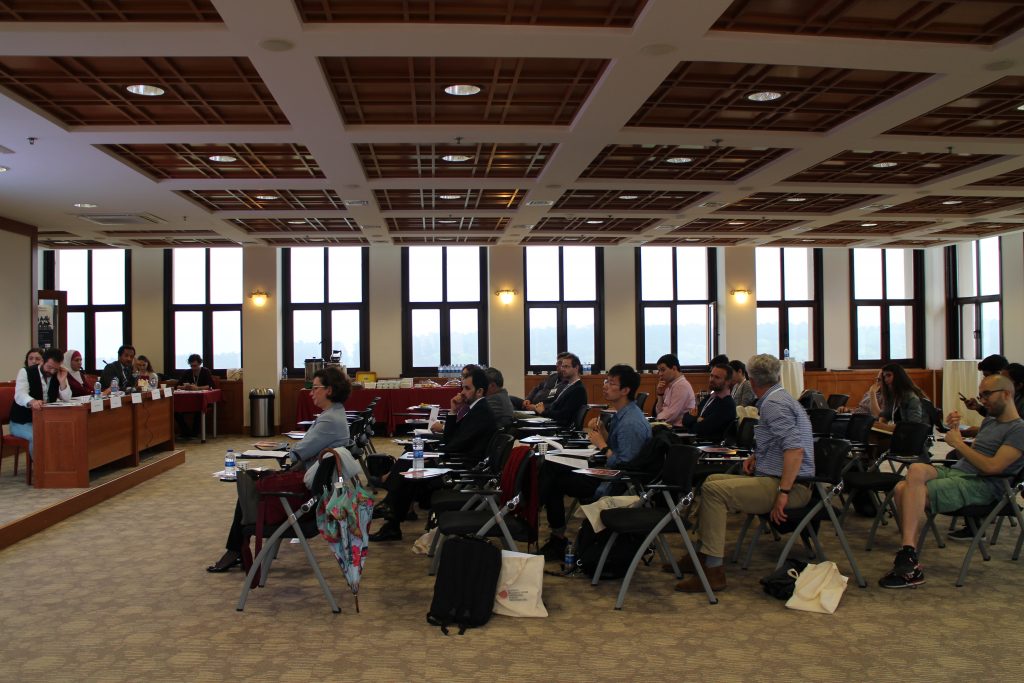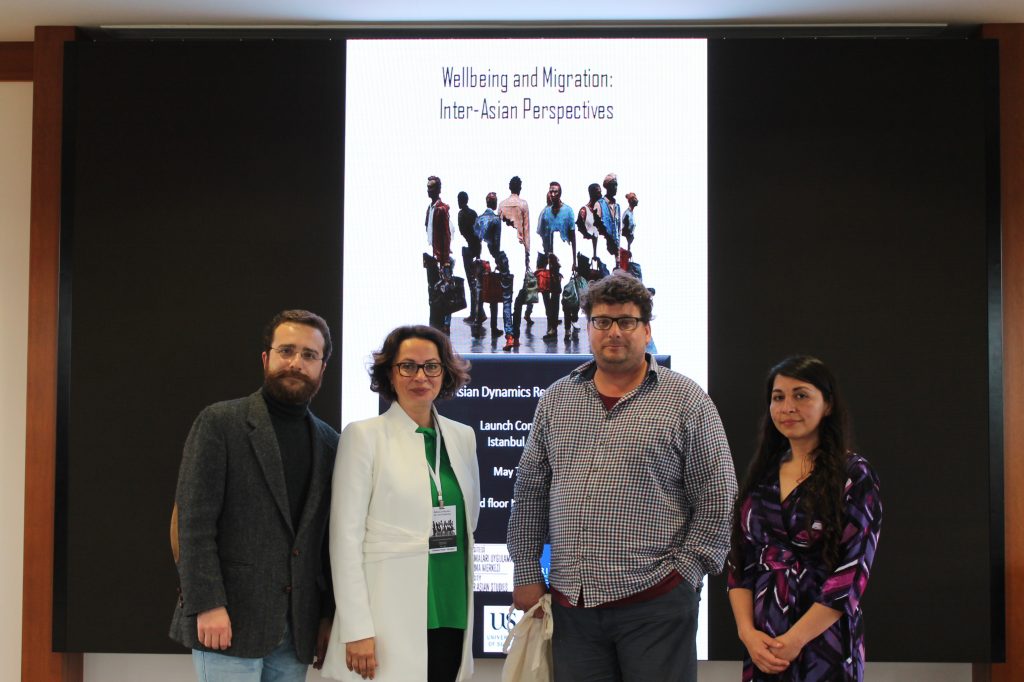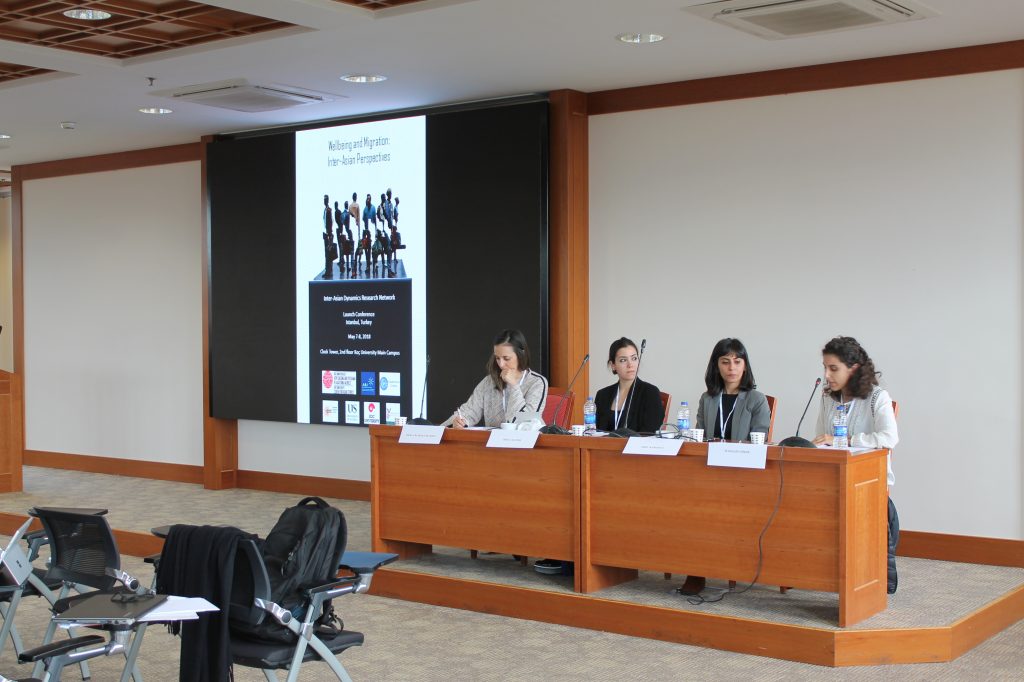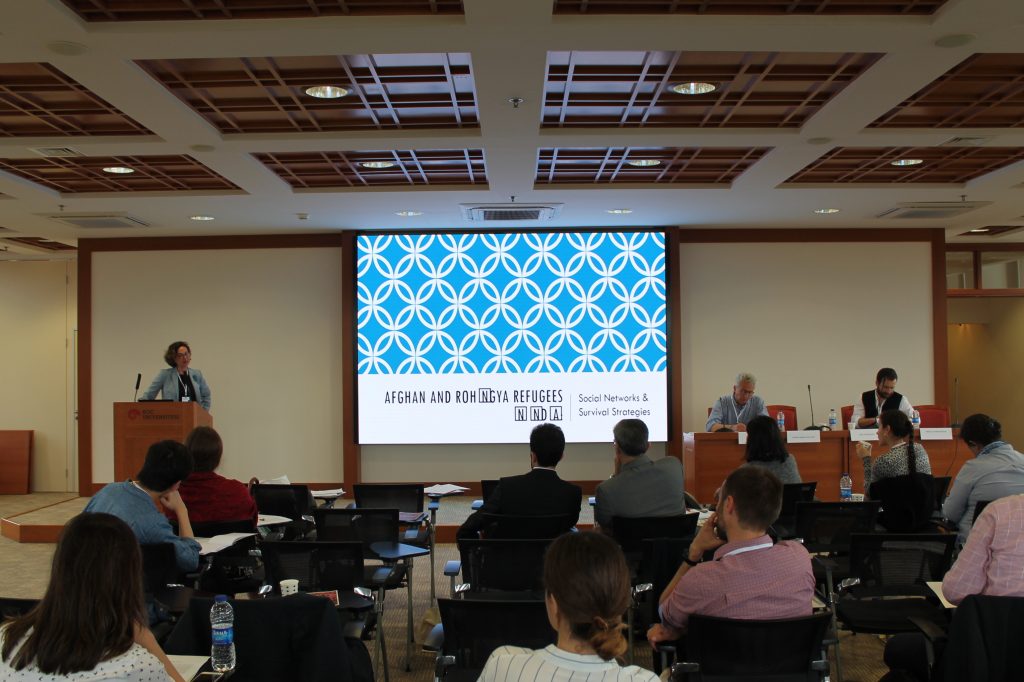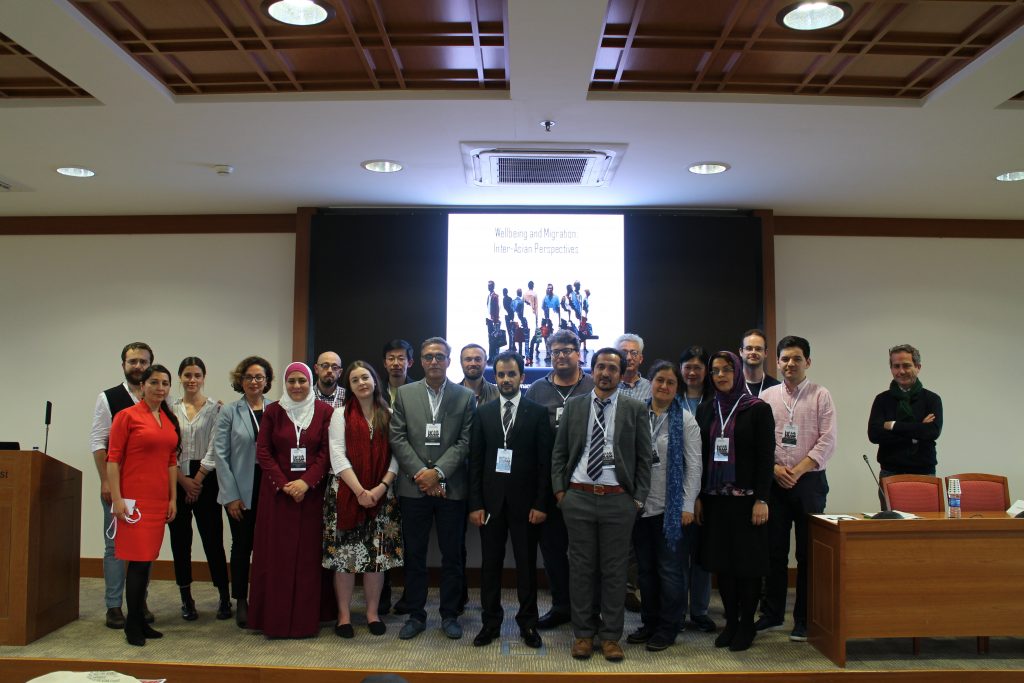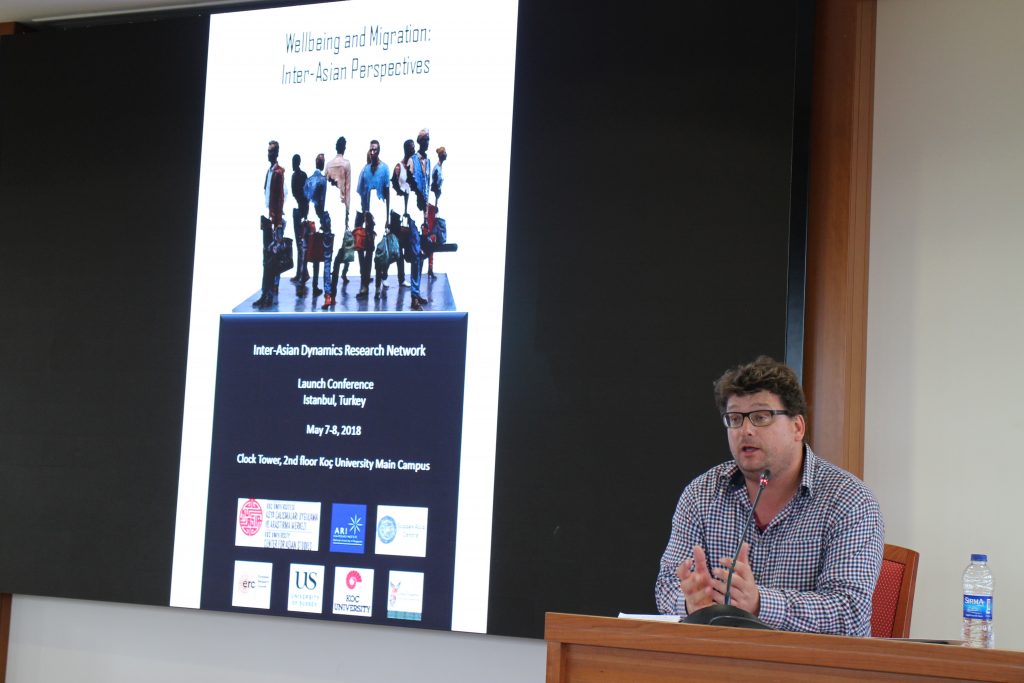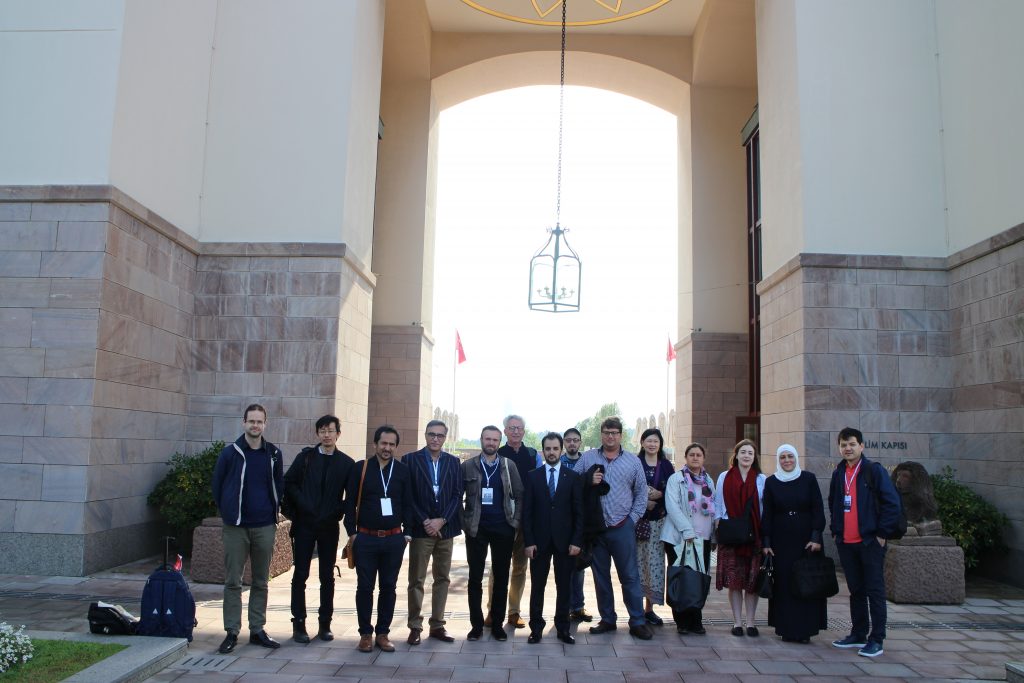Wellbeing and Migration: Inter-Asian perspectives
 Wellbeing and Migration: Inter-Asian perspectives
Wellbeing and Migration: Inter-Asian perspectives
May 7-8, 2018
Koç University, Istanbul
KUASIA (Koç University Centre for Asian Studies) in association with the Sussex Asia Centre (University of Sussex) invite you to participate in a two-day workshop on the study of international migration from Inter-Asian perspectives. The keynote speakers for the conference are Prof. Paul Statham, Director of Sussex Centre for Migration Research and Prof. Brenda Yeoh from Asia Research Institute, Singapore. The primary purpose of the workshop is to explore case-studies dealing with migration and mobility along diverse axes of Asian interactions: Eurasia, Middle East and West Asia, South and East Asia and the Indian Ocean. The aim of this workshop is to lead scholars to advance a critical understanding and to develop comparative studies on the dramatic changes brought about by new economic and social global forces in Asia, as well as to interrogate the concept of ‘Inter-Asia’ with respect to migration and wellbeing.
Migration is already at the heart of the social and economic transformation of societies and communities and changing the lives of people in innumerable settings across Asia. In a world of growing precariousness, scarce job opportunities and loss of livelihoods, climate change and environmental disasters, lifestyle movements, student exchange, globalisation and increasing demand for skilled labour, the relation between people and migration seem to become diversified and multiplied more than ever. At the same time, that such type of mobility becomes an intense topic of debate and shapes policies worldwide, the emerging categories to designate migrants, more broadly, point out at the rationality and legitimacy of such people to move, travel, make a living and/or resettle. Thus, labels such as economic, political, environmental, high-skilled, ‘illegal’ or legitimate migrant are widely circulated, yet they remain limited to explain the complexities of human experiences of mobility in relationship to wellbeing. Rather than a simple aspiration or a static state of living in harmony, wellbeing can be understood as a ‘field of struggle’ (Jackson 2011), and as people’s continuous striving to create lives worth living (Robbins 2013). In the case of migration, notions of wellbeing are buttressed by mobility, yet they also force the question of what is to live a good, respectable, virtuous, safe, interesting, exciting, enriching, prosperous or comfortable life.
